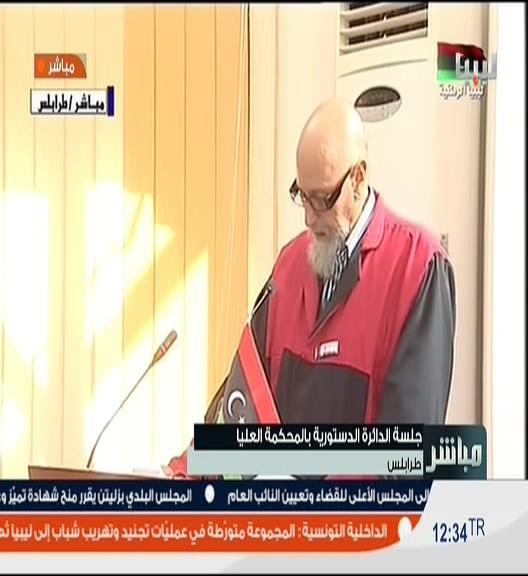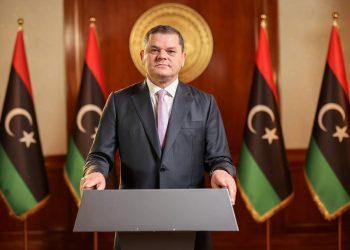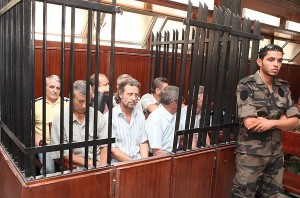By Ajnadin Mustafa.

Tripoli, 8 October 2014:
The Constitutional Chamber of the Supreme Court has decided to postpone a decision about the legality . . .[restrict]of the House of Representatives meeting in Tobruk. It was to have ruled on the issue today. Instead it announced that it was merging four separate appeals against the HoR and would not make a ruling before 20 October.
The move is seen as a delaying tactic and suggests that the court would like to reject the appeals but dare not do so in the present circumstances. Libya Dawn forces control Tripoli where the court is based and it is thought that they would not take kindly to a ruling in favour of the HoR, which they oppose. Such a ruling would, in effect, declare them terrorists. The HoR has made a pronouncement to that effect.
In a move that was symbolic of Libya Dawn’s position, its vehicles blocked off the area around the court this morning ahead of an anticipated announcement.
The decision is reminiscent of its handling of the ruling on the legality of Ahmed Maetig’s appointment as prime minister in early May by the then General National Congress. It first delayed a decision and then announced it later when it could act more independently.
In any event, were the court now to rule against the HoR, it is unlikely if it would be accepted. Opponents would claim that the court’s independence was compromised while the international community has already accepted the legitimacy of the HoR based on results from the ballot box, not on technical issues about protocol, which is at the heart of the present complaint. Opponents of the HoR claim that its members cannot start operating until power is handed over to them by Congress in Tripoli.
Meanwhile Nuri Abu Sahmain, who insists that Congress is still legally alive and he as its president is still the country’s effective head of state has said that not only does he want the HoR sessions declared illegal but also its members who have been meeting in Tobruk to be arrested and charged with “violating the sovereignty of the state and communicating with foreigners” and with corruption. [/restrict]










